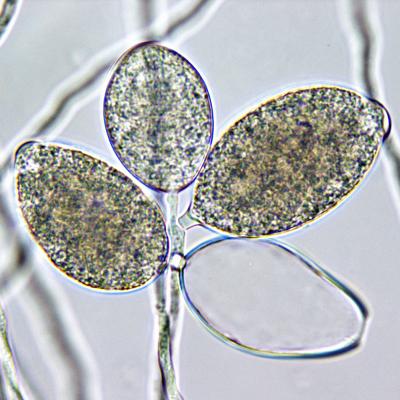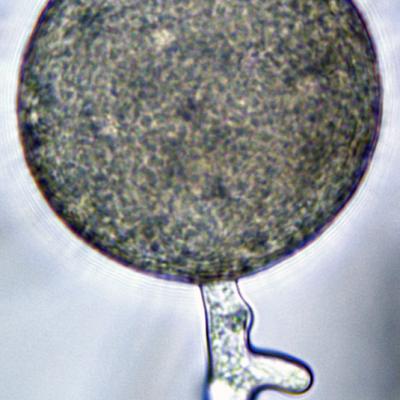Welcome to the PurPest Project website
“You can’t defend. You can’t prevent. The only thing you can do is detect and respond”
(Bruce Schneier)
Welcome to the PurPest Project website
“You can’t defend. You can’t prevent. The only thing you can do is detect and respond”
(Bruce Schneier)
Welcome to the PurPest Project website
“You can’t defend. You can’t prevent. The only thing you can do is detect and respond”
(Bruce Schneier)
Welcome to the PurPest Project website
“You can’t defend. You can’t prevent. The only thing you can do is detect and respond”
(Bruce Schneier)
Welcome to the PurPest Project website
“You can’t defend. You can’t prevent. The only thing you can do is detect and respond”
(Bruce Schneier)



































